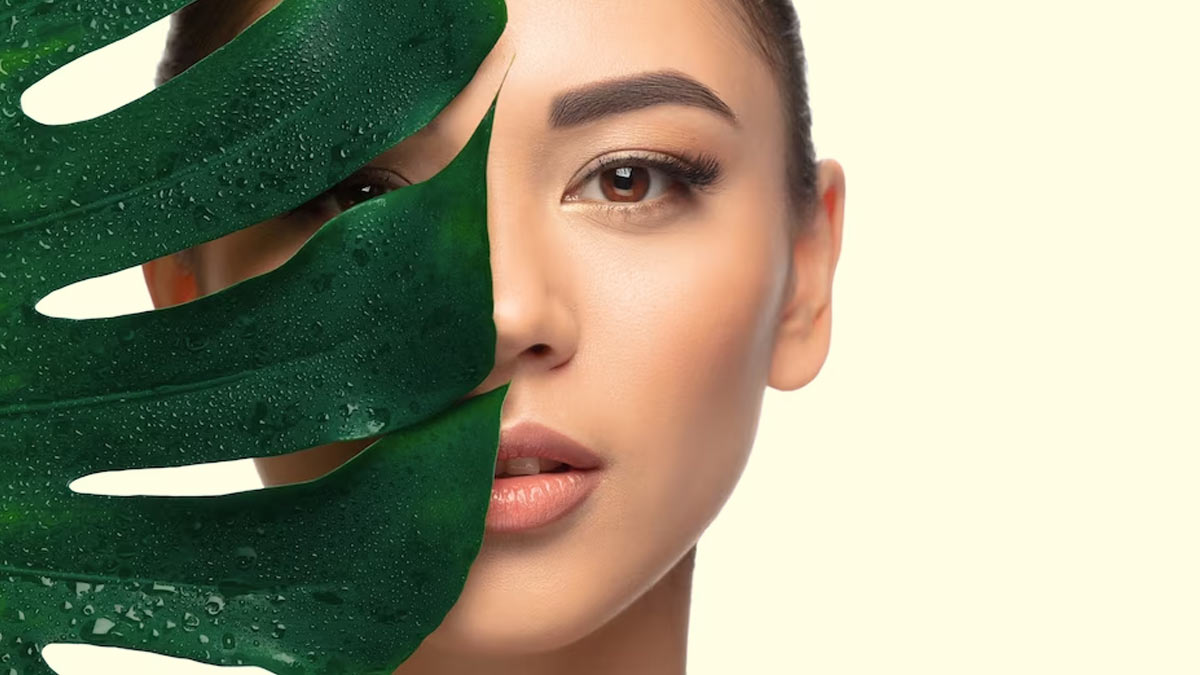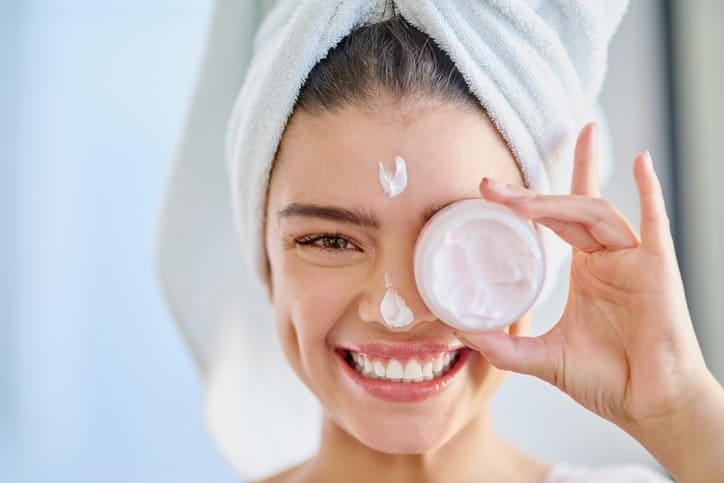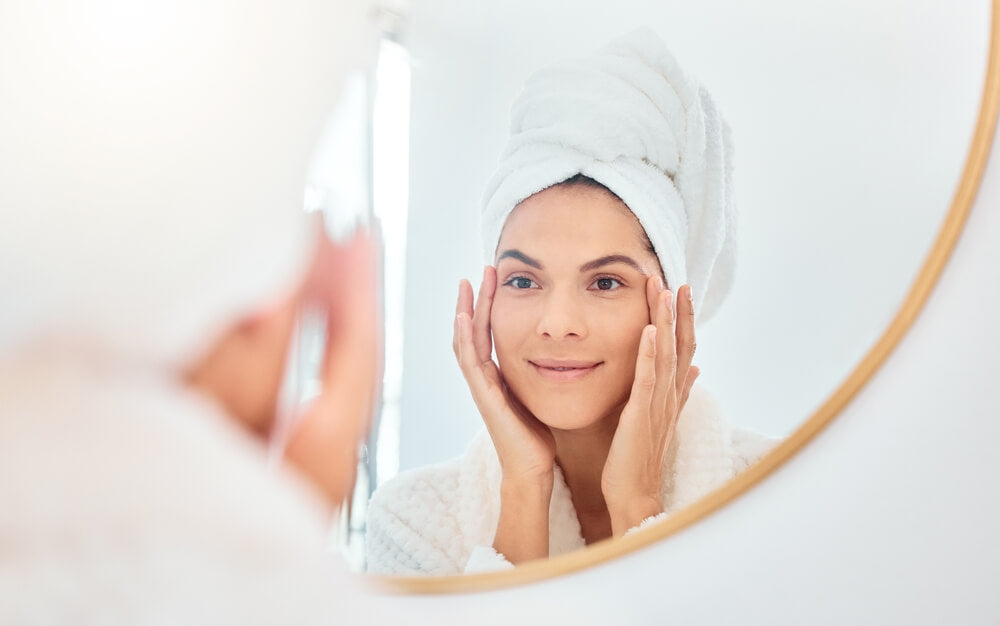Protecting Your Skin from Pollution: Key Advice for Beauty Professionals
In our increasingly polluted urban landscapes, beauticians face the important task of guiding clients to maintain their skin's health amidst rising environmental challenges. Knowing how to safeguard skin from pollution is essential for providing effective treatments and informed recommendations. This article explores vital strategies that beauty professionals can employ to protect skin from the detrimental effects of environmental pollutants.

The Effects of Pollution on Skin Health
Environmental pollution, made up of harmful particles and gases, poses a significant threat to skin vitality. It can accelerate the aging process, provoke inflammation, and contribute to various dermatological issues. Beauticians need to be aware that elements like particulate matter, nitrogen dioxide, and polycyclic aromatic hydrocarbons can penetrate the skin, resulting in oxidative stress and damage.
Recognizing these potential dangers is the first step in understanding how to safeguard skin from pollution. By grasping the science behind pollution-induced skin problems, beauticians can customize skincare regimens to effectively combat these challenges.
Creating a Pollution-Resistant Skincare Routine
Constructing an effective skincare routine is vital for protecting skin against pollution. Beauticians should help clients select products that establish barriers to environmental aggressors. Here are some key components to consider:
1. Cleansing
Thorough cleansing is foundational to any skincare regimen. It removes dirt, oil, and pollutants from the skin's surface. Recommend a gentle yet effective cleanser suitable for the client's skin type. For detailed advice, refer to this skincare routine guide.
2. Antioxidant Defense
Antioxidants play a crucial role in neutralizing free radicals generated by pollution. Suggest serums or moisturizers enriched with Vitamin C, Vitamin E, and other antioxidants, which aid in repairing and protecting the skin from oxidative harm.
3. Moisturization
Well-hydrated skin proves to be more resilient against pollution. Moisturizers form a protective barrier, preventing pollutants from penetrating skin layers. Choose products that contain humectants like hyaluronic acid, which help attract moisture.
4. Sun Protection
Wearing sunscreen is essential, even on overcast days. UV rays can exacerbate the harmful effects of pollution. Advise clients to use a broad-spectrum SPF for optimal protection against both UV and pollutant damage.
Adopting Healthy Lifestyle Practices
In addition to topical treatments, adopting healthier lifestyle habits is vital for skin protection against pollution. Encourage clients to embrace practices that promote skin wellbeing:
- Hydration: Drinking ample water helps eliminate toxins and keeps the skin well-hydrated.
- Nutrition: A diet abundant in antioxidants and omega-3 fatty acids can strengthen the skin against environmental stressors.
- Air Quality: Utilizing air purifiers and incorporating houseplants can enhance indoor air quality and minimize exposure to pollutants.
The Importance of Client Education
As beauty professionals, empowering clients with knowledge about protecting their skin from pollution is invaluable. Through informative workshops, personalized consultations, and tailored skincare plans, beauticians can share essential insights that clients can incorporate into their daily routines.
Conclusion
In the ongoing fight against pollution, knowledge is a powerful tool. By mastering how to protect skin from pollution and applying these strategies, beauticians can markedly influence their clients' skin health. For further insights into developing an efficient skincare routine, check out this comprehensive guide.

Frequently Asked Questions
1. Can pollution contribute to acne flare-ups?
Yes, pollution can clog pores, leading to acne, particularly in those with oily skin types. Regular cleansing and the use of non-comedogenic products can help alleviate this concern.
2. Are natural ingredients effective against pollution-related skin damage?
Absolutely! Ingredients such as green tea extract, aloe vera, and chamomile possess antioxidant properties that can help shield the skin from harmful pollutants.
3. How often should I cleanse my face to eliminate pollutants?
Generally, cleansing twice daily is adequate for most skin types. However, individuals exposed to high levels of pollution may benefit from additional cleansing in their routine.
Additionally, for natural skin hydration tips, refer to this external resource.
This article contains affiliate links. We may earn a commission at no extra cost to you.

